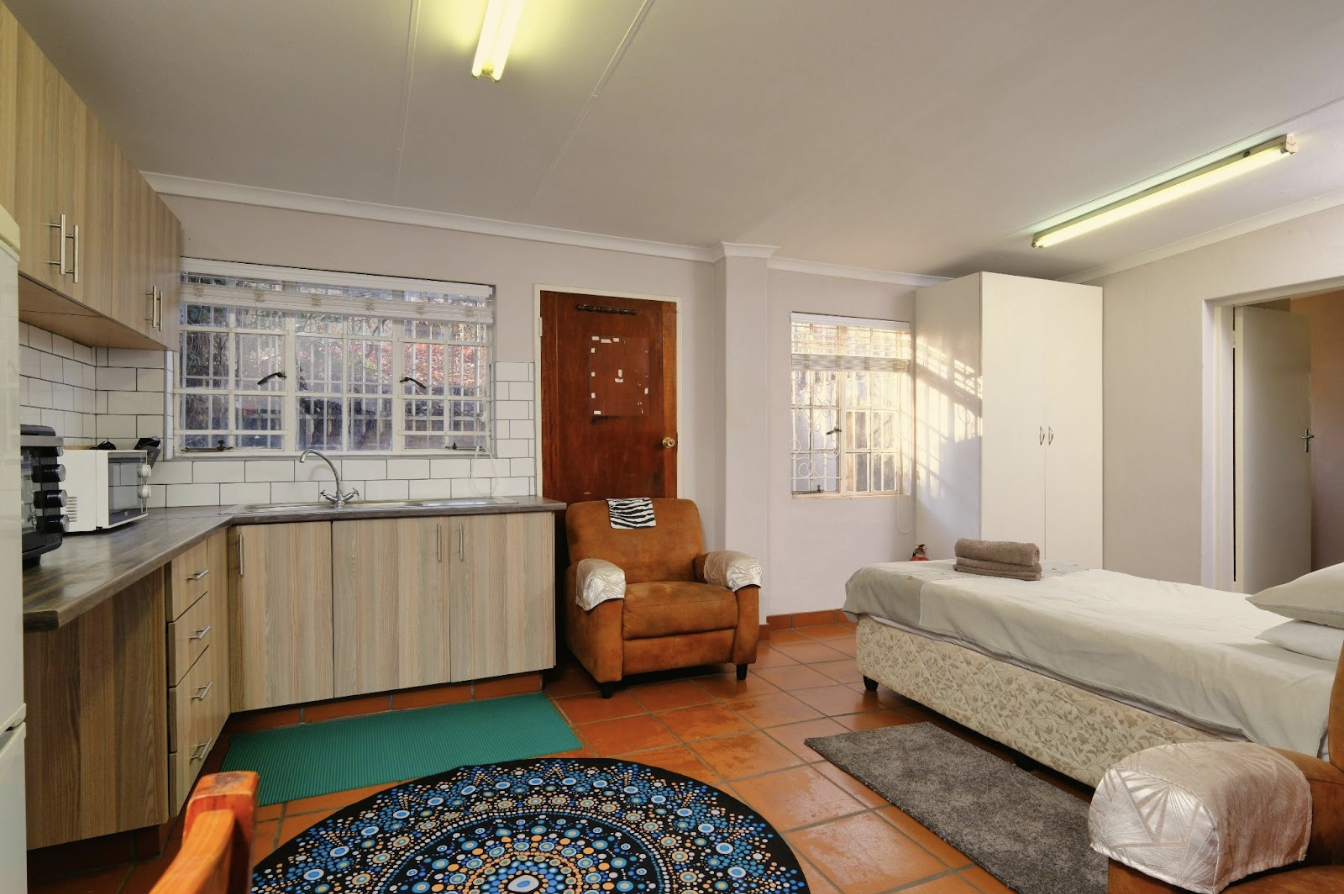Yes, you can find low ADU loan rates in California through programs specifically designed for homeowners building or converting secondary units. These financing options not only provide affordable rates for both new construction and renovations but also offer flexible repayment terms that match your project goals and overall budget.
With California’s rising home prices, ADUs are becoming a smart long-term investment. They not only create additional living space but also generate steady rental income. However, understanding various financing options can often feel confusing and overwhelming. That’s why expert guidance from Gather ADU helps you compare programs, simplify complex choices, and secure the best possible rate with confidence.
How Do ADU Mortgage Programs Help You Secure Lower Loan Rates in California?
ADU mortgage programs in California help homeowners secure lower loan rates by offering flexible financing tailored for accessory dwelling units. These programs often include government-backed loans, reduced interest options, and extended repayment terms. As a result, borrowers gain affordability, long-term savings, and better access to funds for ADU construction.
Furthermore, programs like Fannie Mae HomeStyle, Freddie Mac CHOICERenovation, and FHA 203(k) loans let homeowners use equity efficiently. They also simplify approval for smaller ADU projects. By choosing the right mortgage program, Californians can finance their units at lower rates while maintaining financial stability and long-term property value.

How Can You Qualify for Lower ADU Loan Rates?
To qualify for lower rates, you need to maintain a strong credit score and a stable income. In general, lenders prefer borrowers with scores above 700 and a reliable payment history. Furthermore, preparing your financial documents in advance improves your eligibility for favourable loan terms and enhances your approval chances.
Here are a few simple steps to strengthen your qualification:
- First, reduce outstanding debt to improve your credit score.
- Next, pay all bills and existing loans on time.
- Then, avoid opening new credit accounts before applying.
- Finally, keep a clear and consistent income record for lenders to review.
In addition, plan your construction timeline, budget, and payment schedule before applying. This preparation shows lenders that you are financially organized, dependable, and serious about achieving your house investment plan while managing your ADU project efficiently and confidently.

Which Programs Offer the Best ADU Financing Options?
California offers several ADU financing options, including construction loans, HELOCs, FHA 203(k) loans, and local assistance programs like CalHFA ADU Grants. Specifically, each program is designed differently, supporting unique project goals and budgets. Therefore, it’s essential to match your financial needs and property plans with the right lending option.
Furthermore, understanding loan terms, interest structures, and repayment schedules helps you make confident choices. In short, when you select the right lender, you can control construction costs effectively, maintain financial stability, and increase your property’s long-term value while generating reliable rental income through your completed ADU investment.
What Factors Influence ADU Loan Costs?
Several factors affect your ADU loan cost. Most importantly, credit score, property equity, loan type, and market interest rates all play significant roles. Additionally, project size, design complexity, and location influence your total expenses significantly.
Key factors that can impact your ADU loan costs include:
- Your credit score and payment history.
- The amount of equity available in your property.
- Current market interest rates and loan duration.
- The size, design, and complexity of your ADU project.
- Construction materials, labor costs, and site conditions.
Therefore, careful planning helps you anticipate costs and avoid budget surprises. By tracking material prices, bids, and construction loans, you keep your project financially stable. With proper preparation, you can control expenses and complete your ADU efficiently and successfully.
Ready to Build Your ADU With Confidence with Gather ADU?
Building an ADU can feel challenging, especially when loan options, interest rates, and construction costs seem confusing. Many homeowners struggle to find financing that fits their goals and budget. With the correct information, securing affordable ADU financing in California becomes simple, rewarding, and stress-free.
At Gather ADU, we guide homeowners through every step of the ADU financing process. Our team helps you compare trusted lenders, review flexible loan programs, and secure the lowest available rate. Contact us today to start building confidently, saving money, and achieving your ADU vision affordably.
FAQs
Is a HELOC or a Cash-Out Refinance better for ADU financing?
Both options serve different goals. Generally, a HELOC keeps your low mortgage rate untouched and offers flexible borrowing. However, a cash-out refinance works best if current fixed rates are lower. Ultimately, choose based on your comfort, timeline, and payment preference.
How much does an ADU typically cost in California?
In California, ADU construction costs range from $80,000 to $400,000, depending on type and design. Garage conversions are most affordable, while attached and detached ADUs cost more. Total expenses vary by size, materials, location, and overall project complexity.
Does my credit score influence the loan rate I will receive?
Yes, your credit score plays a significant role in determining your ADU loan rate. Borrowers with higher scores qualify for lower interest rates, reflecting reduced risk. Conversely, lower credit scores signal higher risk to lenders, often resulting in higher rates and more limited financing options overall.
Can I use rental income from my ADU to qualify for a loan?
Yes, in many cases. Some lenders count projected rental income from your ADU toward your debt-to-income ratio. As a result, this can increase your borrowing power and loan amount. Furthermore, verified rental estimates strengthen your application and improve options.
Are there local California programs to reduce ADU financing costs?
Yes, you should investigate local programs offered by organizations like Invest Atlanta. For example, they offer gap financing or incentives related to affordable housing initiatives. Furthermore, they sometimes provide lower interest rates or non-repayable grants. This helps reduce your out-of-pocket expenses.



